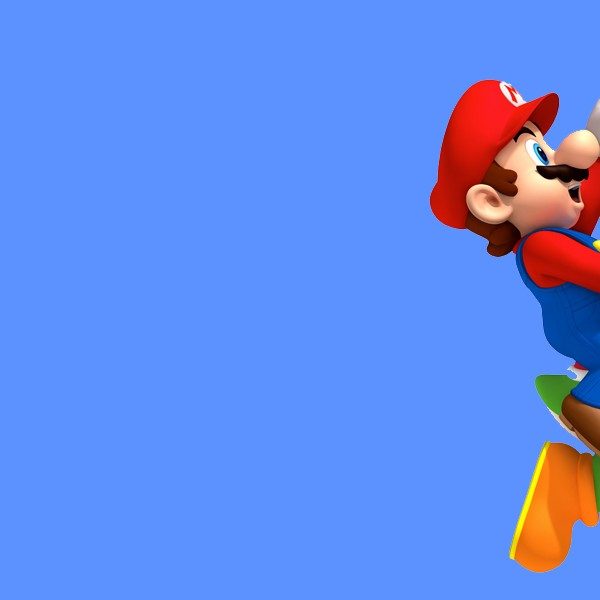In this day and age when videogaming seems to be just about everywhere, it comes as a bit of a surprise when a major gaming figure such as Nintendo decides that it won’t sell any of its consoles in a country as populous as Brazil.
The move comes as a result of the country’s unfriendly economic policies, which impose high import tariffs and taxes. These policies have made it far too costly for Nintendo to continue to sell its popular Wii U and 3DS consoles in the country.
The company said in a statement:
In response to ongoing developments in the Brazilian market, Nintendo of America Inc. today announced changes to the physical distribution of its products in that country. Starting in January 2015, Gaming do Brasil, a wholly-owned subsidiary of Juegos de Video Latinoamérica, GmbH, will no longer distribute Nintendo products in Brazil.
Gaming do Brasil’s parent company, Juegos de Video Latinoamérica, will still continue to act as Nintendo’s distributor for other countries in Latin America.
These same high import duties are also responsible for Nintendo’s decision to not have a manufacturing operation in the country.
As a result, Nintendo fans in Brazil will have to import their consoles themselves or go through private importers, which will add further cost to the already expensive prices for videogame hardware in the country. For example, according to the Brazilian PlayStation Blog, a PlayStation 4 costs an outrageous US$1850, with games each costing US$83. In the United States, these respective items are priced at $400 and $60. It’s a startling revelation when you consider that the average Brazilian earns roughly $780 a month.
Of course, Nintendo aren’t saying no to Brazil forever, as their statement adds: “We will continue to monitor the evolution of the business environment and evaluate how best to serve our Brazilian fans in the future.”
Play games, take surveys and take advantage of special offers to help support mxdwn.
Every dollar helps keep the content you love coming every single day.


